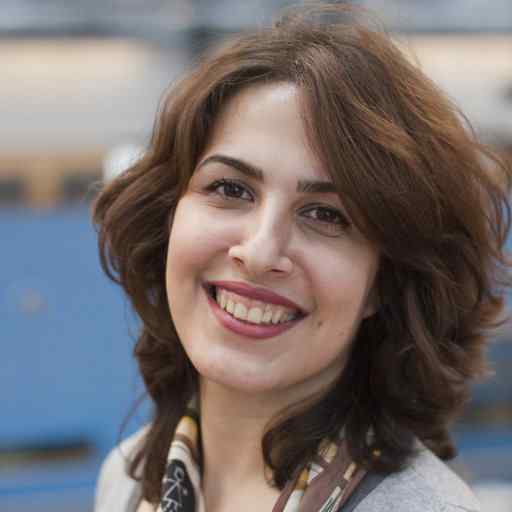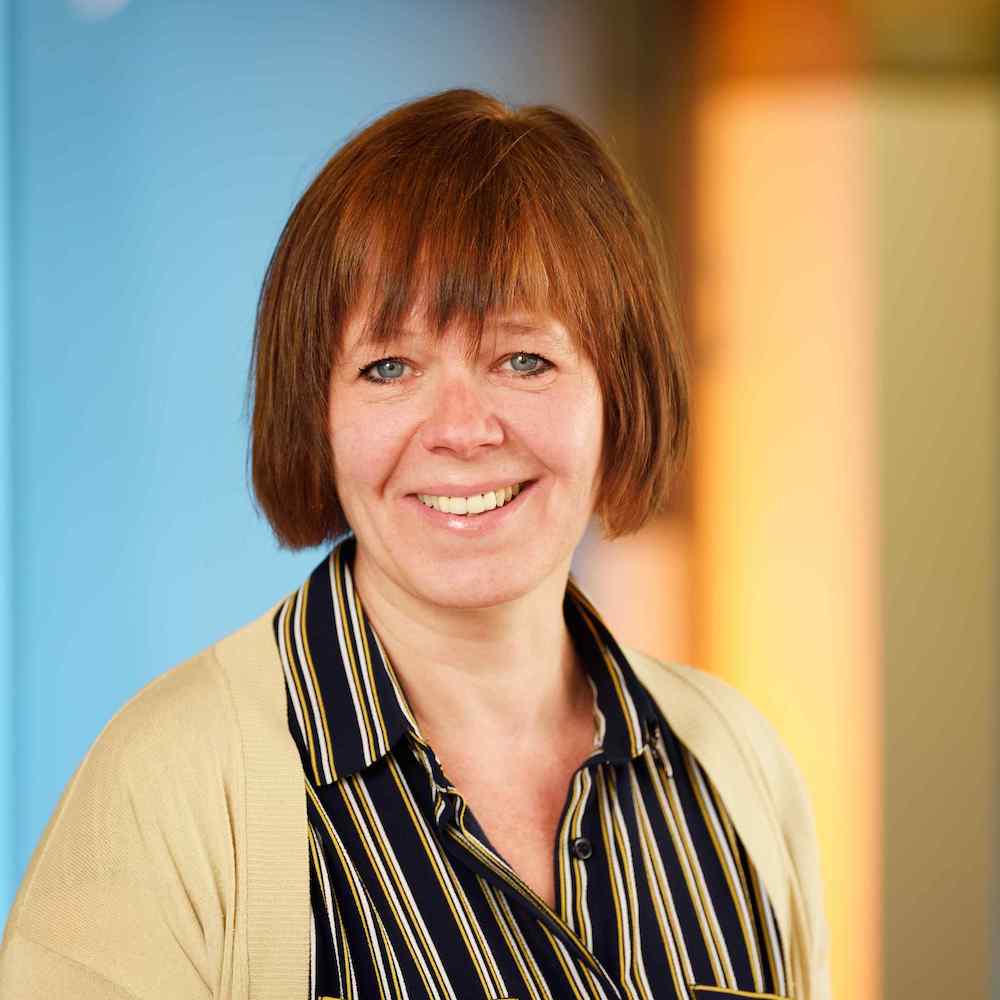
|
2. AMBIT by
Helder Stompff
(2022).
Designing the Transition period between a manual driven present, and automated future.
|

|
6. ITE by
Yorn Thijssen
(2020).
Continuous flow of personalized information through elements integrated in the dashboard of the car.
8. AVTR HOAN by
Liang Hsiang
(2020).
Transformation of the Mercedes-Benz Vision AVTR through an adaptive interior ambiance.
11. Mosi by
Floren van Barlingen,
Nicolaas Romagnoli
(2022).
Exploring external signals from automatedly driven vehicles for vulnerable road users.
13. Blackspot by
Emir Kadric
(2023).
Stimulating drivers to adopt an active scan pattern at blackspot intersections.
14. CURB by
Luuk Schot
(2023).
Effortless bonding between AV and user.
|

|
2. Current by
Jesper Kapteijns
(2022).
eHMI for implicit communication of actual and intended kinetic motion patterns of a vehicle.
|

|
|

|
3. Unity by
Moos van der Bijl
(2020).
A mobility vision concept, which combines the aspects of both car and house by a physical connection.
|

|
|

|
1. we-CAVE by
Thomas Pilaet
(2019).
An interface on the exterior of the car that can communicate the car’s situational awareness and intentions to other road users.
10. OUTERFACE by
Rutger Verstegen
(2020).
A 360-degree rooftop interface to communicate to let automated vehicles communicate to the outside.
11. InShift by
Anil Eranil
(2020).
Minimisation of distractions from the infotainment system by involving the front seat passenger and having them act as the co-driver.
14. AVI by
Denise Kooter
(2020).
Two way communication between fully automated vehicle taxi and its passengers.
|

|
1. I-Orient by
Stephanie Slee
(2019).
An interactive city map of Eindhoven placed in the city bus connecting airport and railway station.
2. Bloomn by
Charlotte Bording
(2019).
Steering wheel that blooms open when the user wants to drive and fold in to devolve in mode of automation.
3. Ambius by
Verindi Vekemans
(2019).
A light-system integrated into a bus seat that creates a personal ambiance. This light-system helps to improve the travel experience of travellers.
6. AeroAdaptive by
Caya Kors
(2020).
An interior that can change shape to allow more freedom and flexibility.
|

|
1. Whoosh by
Kyenno Scheepers
(2019).
Shape-changing interactive dashboard tackling sustainable automated driving in relation to the environmental factor wind.
2. Shapewheel by
Jay Kolvenbag
(2019).
Physically facilitating the transition of control in level 3 automated vehicles.
|

|
1. SAS by
Donovan Lewis
(2016).
An information system designed for semi– and fully automated vehicles which uses light to discreetly inform passengers in a non-disruptive way about the vehicle’s next action.
3. PIP by
Milou Bruinenberg
(2017).
A personal planning application which provides the user with the available travel possibilities.
|










